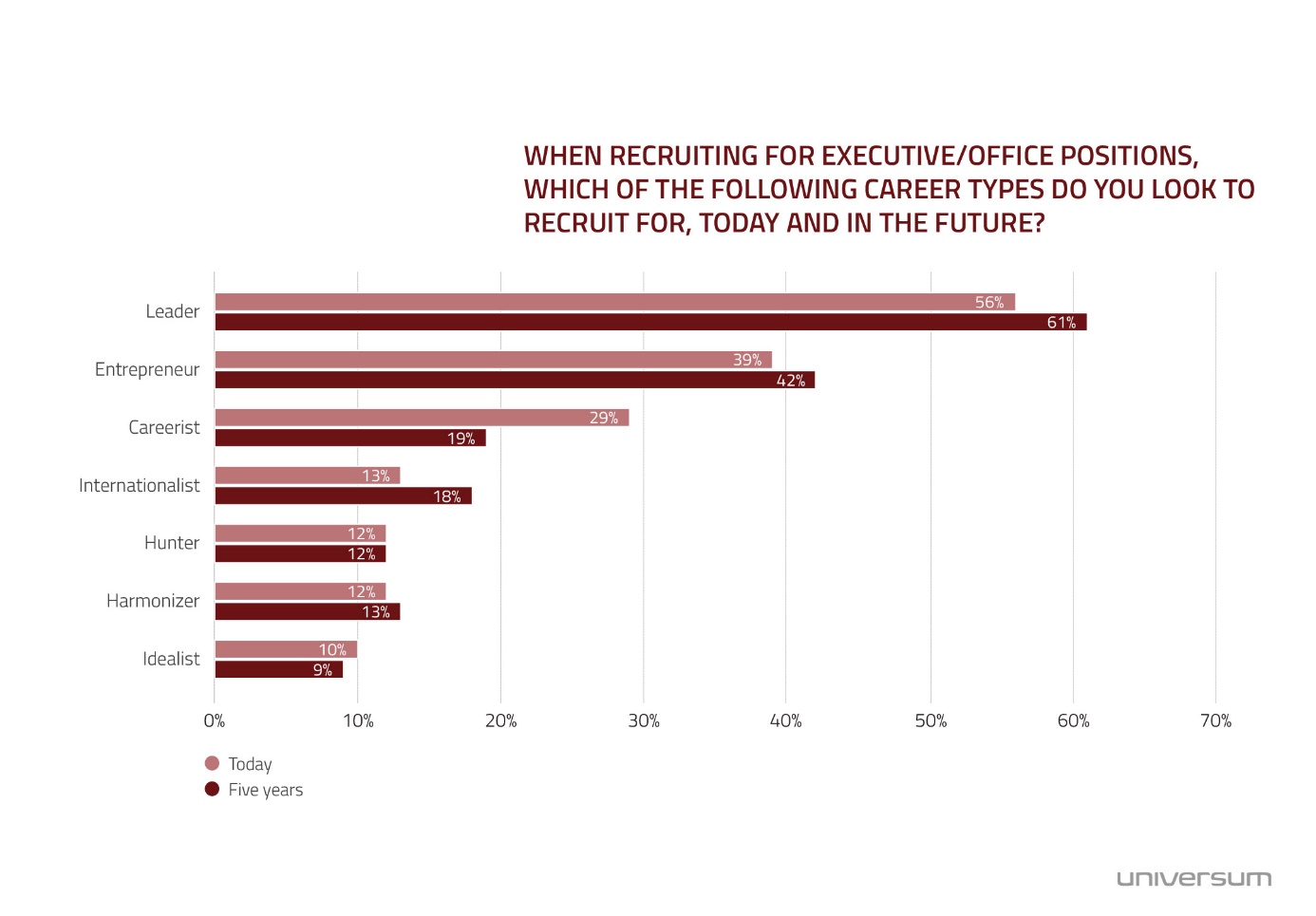Employers today are looking less at work experience and more at cultural fit and personality when taking on job applicants. Joakim Ström outlines why fit matters more today, and will matter even more so tomorrow.
"What's your personality type?" isn't a question you'd typically expect to hear in an interview with a C-level executive -- especially not in past decades. However, in recent years, employers have become more concerned with things like personality type, soft skills and cultural fit than ever before.
There are two simple reasons for this. First, companies now recognise how these factors play a crucial role in the success of the individual, as well as the cohesion of the entire company. Second, technology now allows recruiters to seek out these particular qualities using inexpensive, interactive avenues, like social media.
It's no surprise that as employer branding rises as a priority, so does selecting the best personalities for your staff. After all, how can a company maintain a consistent voice with marketing executives and HR staff that don't embody that voice? For external communications, you can’t have two departments saying and representing diverging views. In order to have consistency within your communications, you need to find brand ambassadors who stand for the same ideals.
Also, if talent personas are going to be more important five years from now, as our research shows, companies need to figure out who is primarily responsible and accountable for employer branding activities. As we saw in the “
Employer Brand Misalignment” (eBook 2 of the 2020 Outlook series) there is dissension within organisations on who owns the employer brand. Basically, if there’s a cacophony of opinions, identifying and working with personas will be next to impossible.
The Research to back it up
According to
Universum research, factors like cultural fit and personality are catching up to work experience in importance. In our
2020 Outlook study, 58% of CEOs listed "work experience" as a top factor when recruiting candidates for executive and office positions in the future. Yet close behind was "personality profile", chosen by 48% of respondents.

So it's clear to see that while work experience is still heavily scrutinised, most recruiters are beginning to ease up on this focus, opting for more well-rounded criteria. A candidate’s academic degree, a once paramount factor in the hiring process, was only considered important by 16% of our respondents -- specifically those in the banking and professional services sectors. Are companies starting to challenge the traditional ways of educating a modern workforce? Are they taking matters into their own hands, by taking on the responsibility for professional training and development of their employees?
Cultural fit matters to employees
Not only is cultural fit an important qualification for employers, but a decisive factor for employees as well. Universum research shows nearly a third of respondents fear they will not find a job that matches their personality. As millennials move into managerial and leadership roles, they're not just looking for stability as past generation have.
Millennials are looking at careers more holistically, judging for overall suitability and interpersonal factors.
So what do all these findings summarise? Essentially, they show a shift away from traditional employer-employee relationships, and the development of a new system -- one that focuses far less on formal qualifications and far more on communication and personal identity. For more on how talent personas influence hiring decisions, get the
full Universum report.
About the author
Joakim Ström is the managing director APAC, Universum
Image that goes with article:

